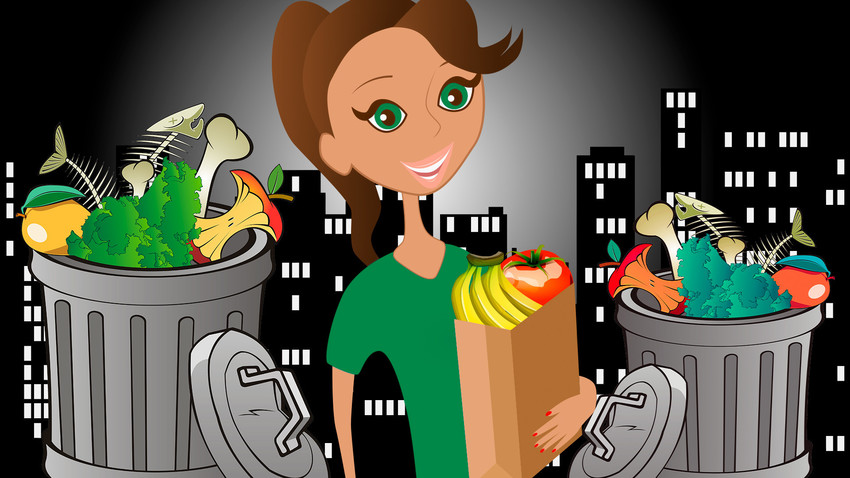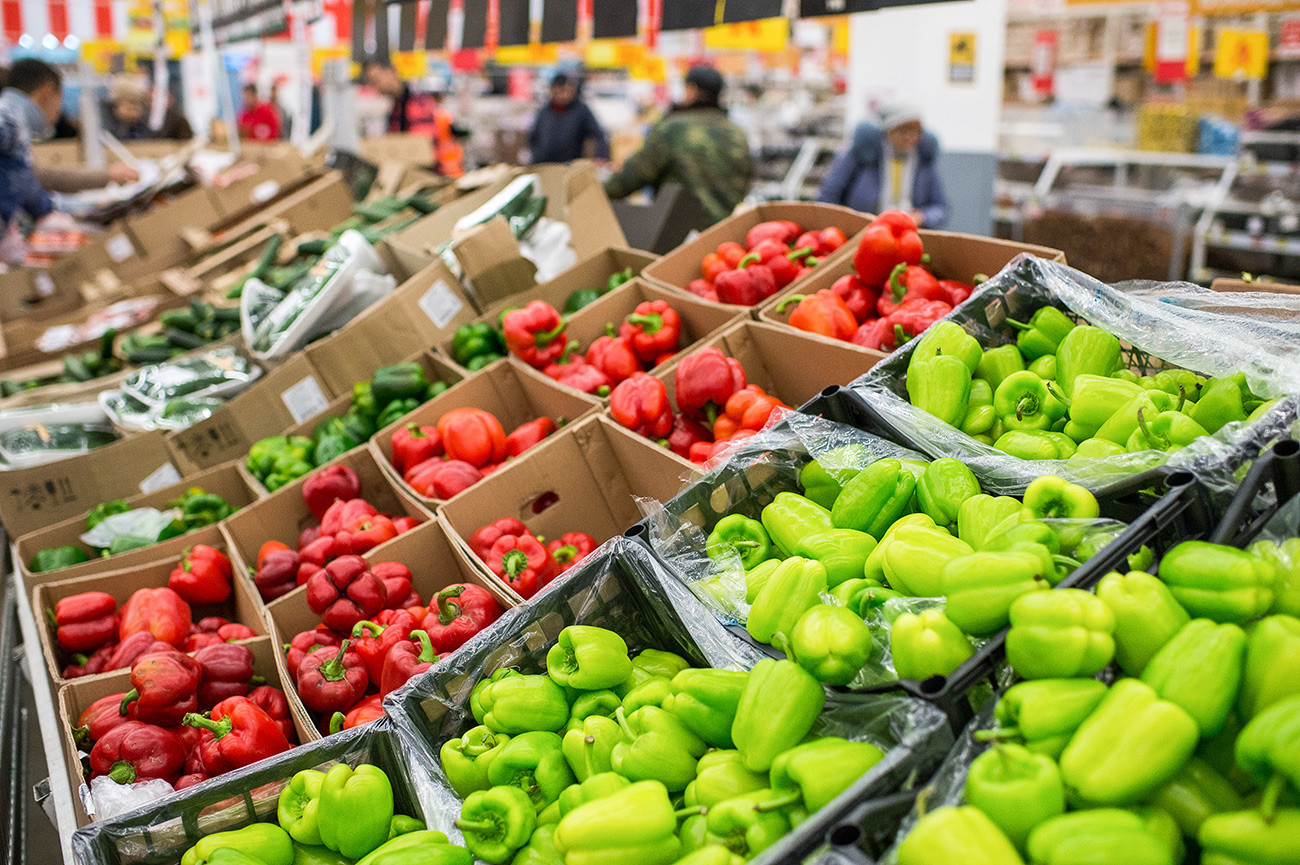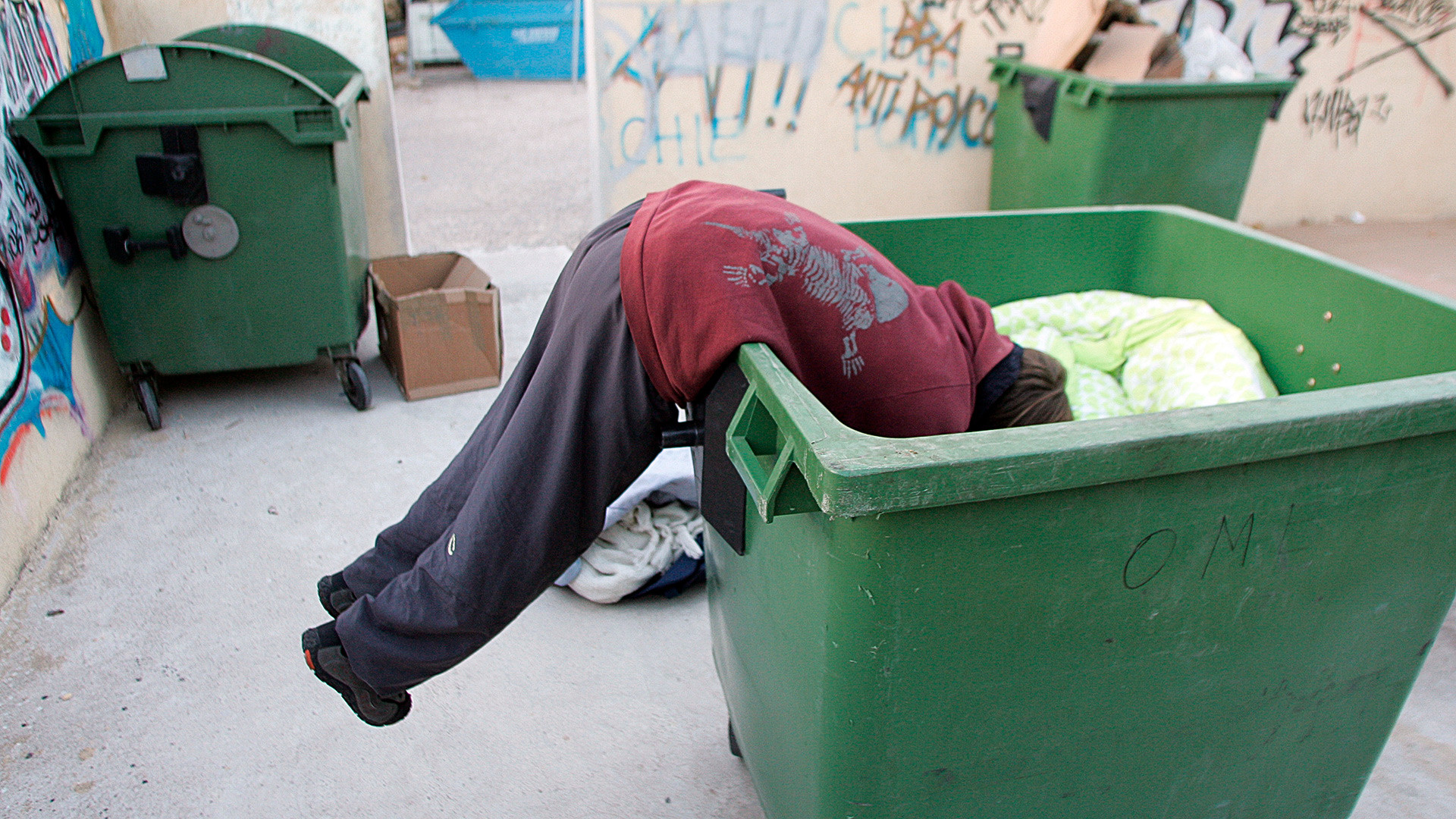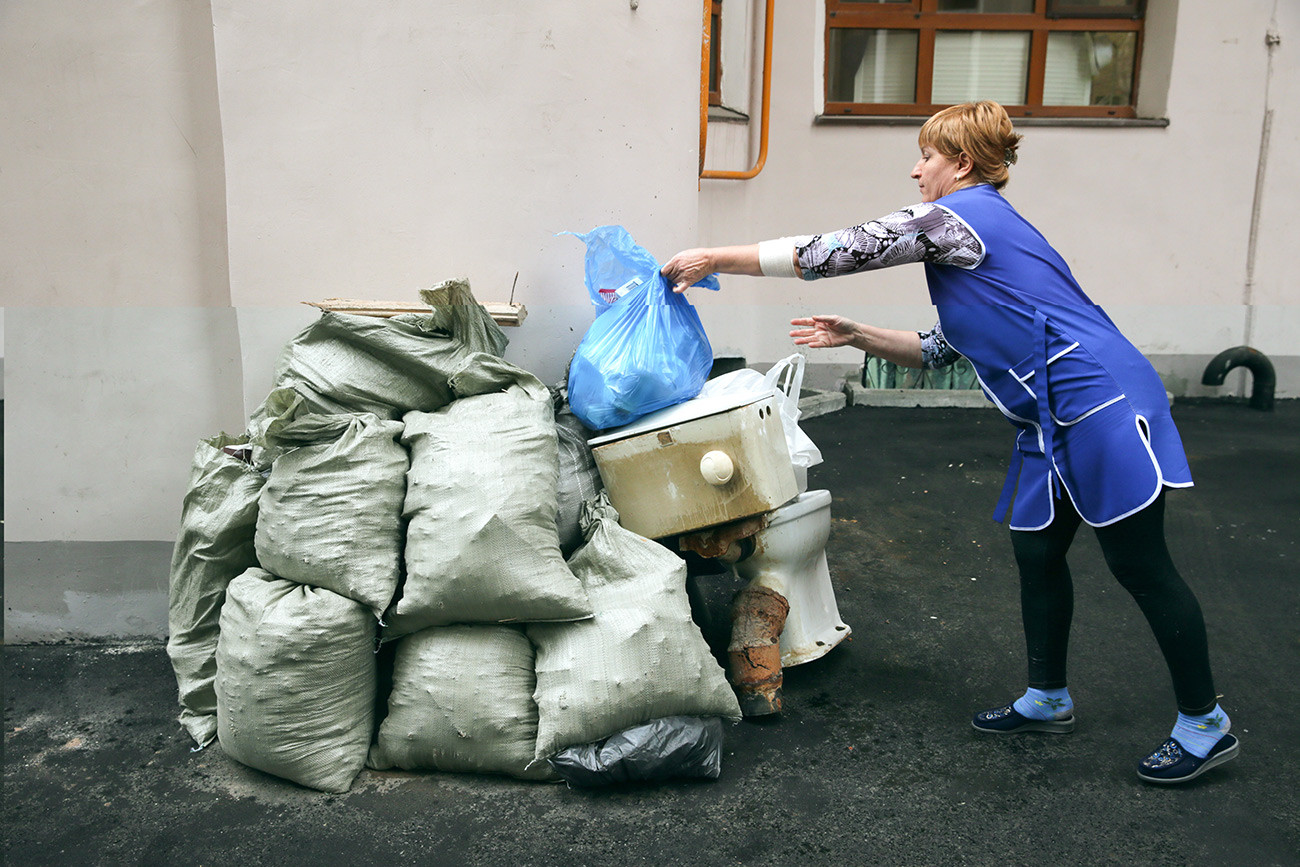Are there any ‘freegans’ in Russia?

Two dozen eggs, six packs of mozzarella cheese, a few bottles of milk, some yogurt, cucumbers, oranges, bananas, and apples – these are just some of the items found by 23-year-old auto mechanic Dmitry on his latest freegan run in Moscow. “I surf shop dumpsters for food every
Dmitry is a freegan – someone who chooses to scavenge for food instead of buying it as an act of protest against the consumerist food system.
According to the UN’s Food and Agriculture Organization, roughly one-third of the food produced in the world for human consumption every year — approximately 1.3 billion tonnes — is lost or wasted. While in Europe and North America, the amount of yearly wasted food per person is 95 kg and 115 kg respectively, in Russia this indicator is a bit lower – 56 kg. Russians tend to dispose of 20-25 percent of purchased goods, according to the Federal State Statistics Service

“It all started in 2015,” he recalls. “At that time I hitchhiked for the first time to get to Sochi and fellow hitchhikers told me about freeganism. I didn’t have a lot of money and lived in a tent on the beach so I decided to try this for myself.”
A way to protest or survive?
Indeed, if for some people freeganism is a way to counter food waste, for many in Russia it’s often financial problems that push people towards such a lifestyle. Many elderly people like Sergey, a retiree from St. Petersburg, are also known to look in dumpsters behind shops. “Sometimes I find bread or veggies. Last time I saw a box of tangerines. Someone had thrown it away, but I couldn’t take it physically – my home was far away,” he says

After the financial crisis ended, so did Maria’s freegan ways. “If I had time I would continue leading this life but in
A legal trap

While freegans and like-minded charity activists promote a more sustainable approach to expired food products through food sharing, using discarded ingredients, and cooking free meals for those in need, Russian grocery retailers seem to be “tied up” by legal requirements.
There have been times where employees were forced to deliberately spoil expired but still edible products with dirty water, coal, or soda instead of giving the food to people, all because Russian law forbids businesses to transfer such expired goods elsewhere. Failure to dispose of them can lead to fines, from 50,000 rubles ($760) to 150,000 rubles ($2,281) for every
One small grocery store in Russia’s Yakutsk even tried to introduce a shelf with free products for customers with financial problems, but the experiment failed. As Olga, the owner of the
If using any of Russia Beyond's content, partly or in full, always provide an active hyperlink to the original material.
Subscribe
to our newsletter!
Get the week's best stories straight to your inbox